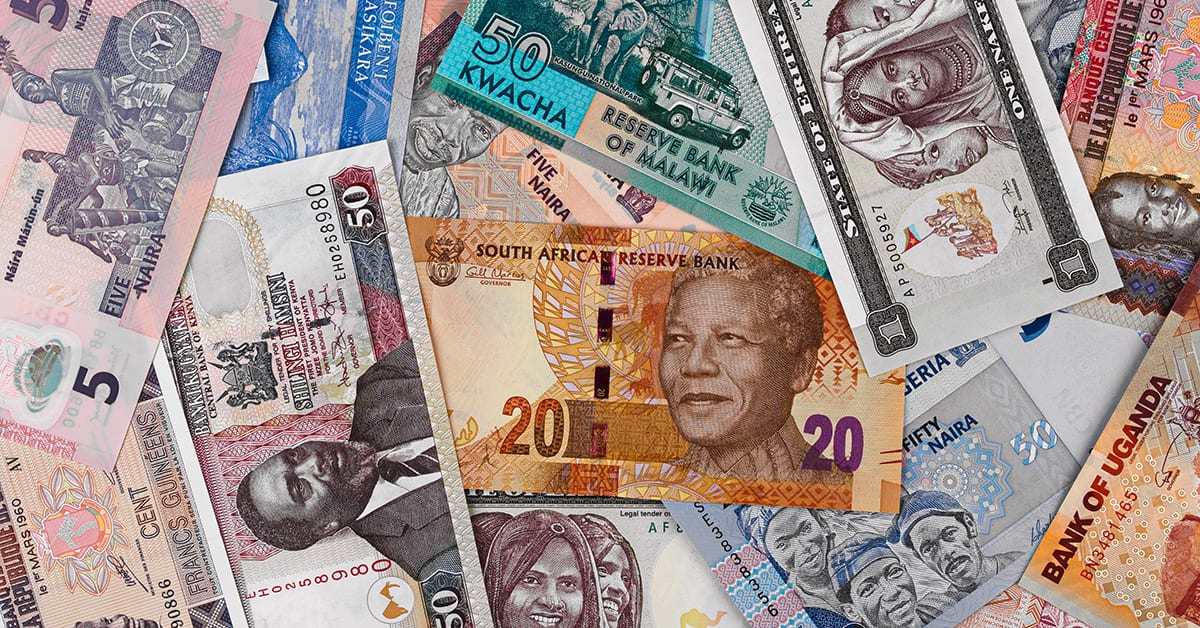Africa's debt service payments will surge 35% over last year.

These are not the best times for the world’s poorest countries, many of which are in sub-Saharan Africa. For a majority, the debt burden is wrecking the pursuit of development and the fight against poverty. Having been forced by the Covid-19 crisis to put development on the back burner, debt servicing is now the new abyss.
The World Bank contends that the intensifying debt crisis offers a “grim outlook” for development. Over the decade to the end of 2021, developing nations saw their total external debt double, to $9 trillion. For the poorest, debt nearly tripled reaching $1 trillion.
Hence this year, debt service payments will surge 35% over last year, to $62 billion from $46 billion. This means that already squeezed fiscal resources will be exhausted to fund development projects like energy, health, and education.
The dollar’s strength adds to the challenge. “With most debt in Africa being dollar dominated, the situation is bound to get worse,” says Ken Gichinga, a Kenya-based economist. He explains that with currency depreciation, inflation, volatile exports, slowing tourism, rising interest rates and global risk of recession, taps for development are running dry.
Always a hard nut, the debt crisis is becoming increasingly hard to crack. Most of the debt owed is to private creditors, which makes restructuring harder. China, a creditor nation outside the Paris Club, remains a big lender in Africa.
The China factor was at play during December’s US-Africa Leaders Summit in Washington, DC, the first since 2014. Africa may benefit from some geopolitical tension as the US, China and others vie for partnerships and acess to the continent’s extraordinary resources. Washington offered more than $55 billion in investments over the next three years to cement its friendship. But Churchill Ogutu, an economist with Mauritius-based IC Group, believes that an excessive focus on the US Trade Representative’s African Growth and Opportunity Act, which offers market access to countries that enact market reforms, has been sometimes counterproductive to African interests.
“As the US tries to counter China, Africa needs to be broad-based in tapping opportunities,” he says.



